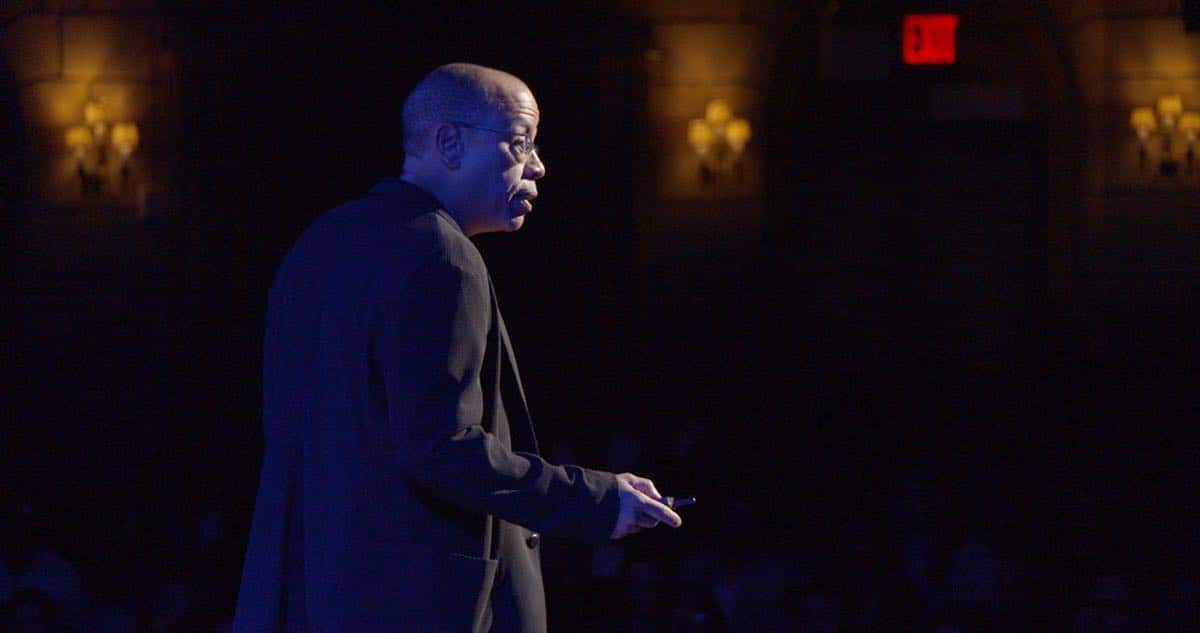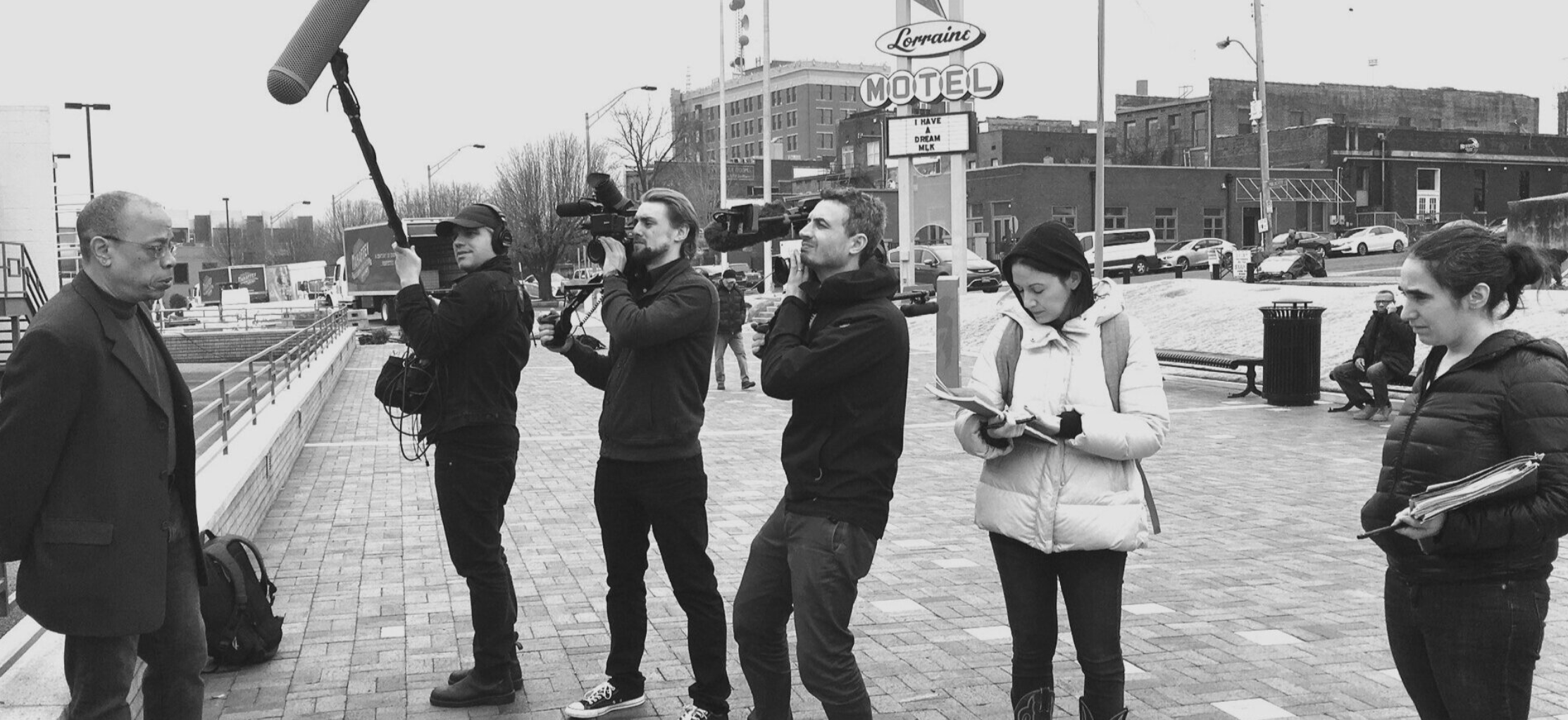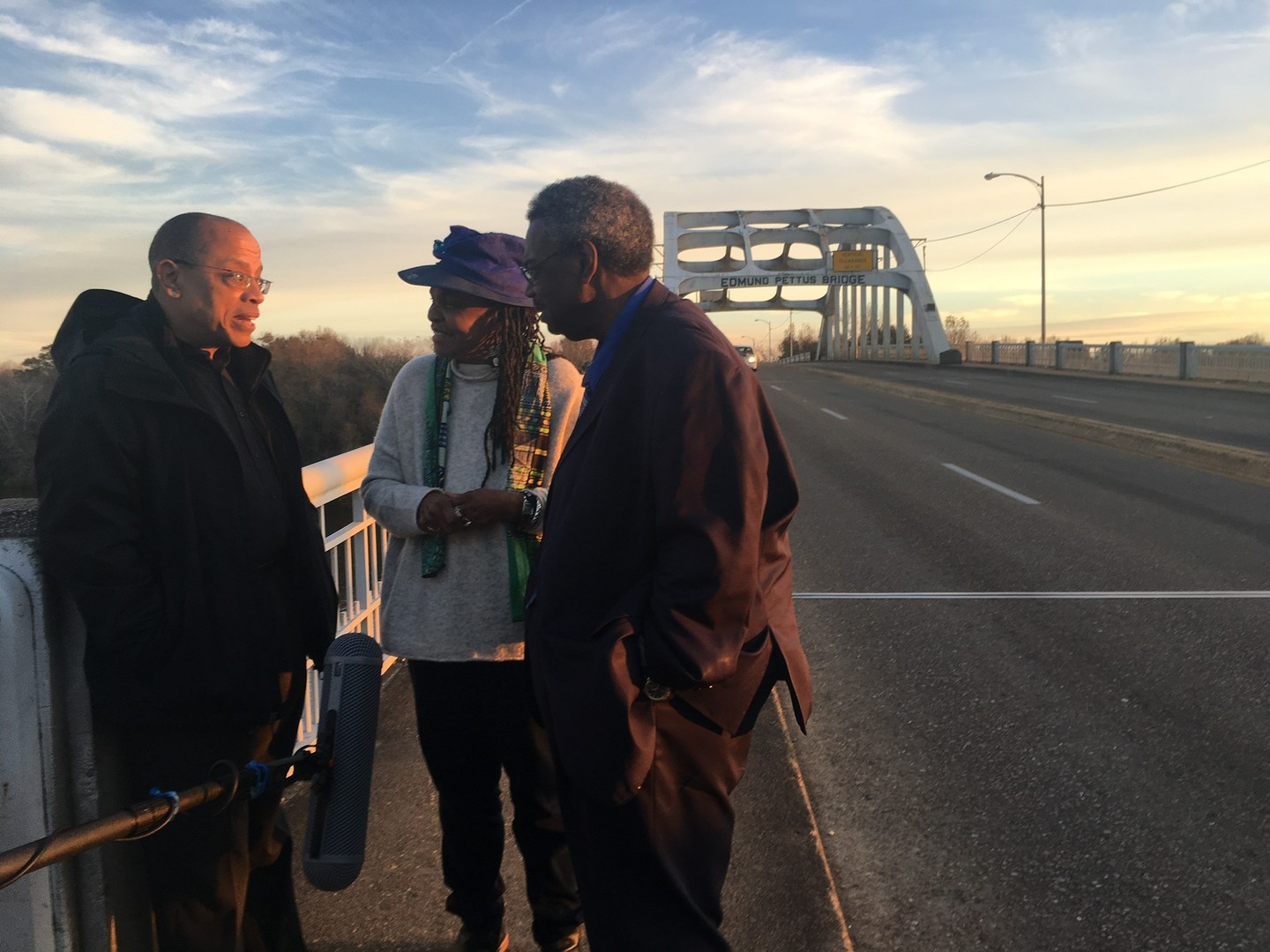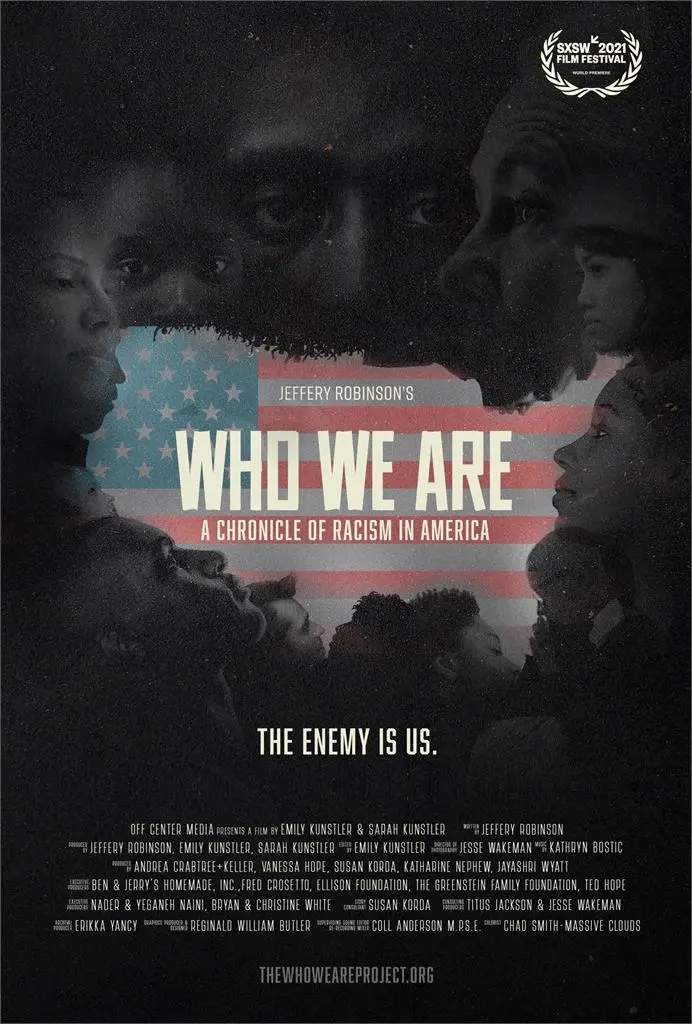Join attorney Jeffery Robinson and directors Emily Kunstler and Sarah Kunstler at AFI Fest 2021 for a screening of their new documentary WHO WE ARE: A CHRONICLE OF RACISM IN AMERICA.
See link below for screening details, followed by a writer’s statement by Robinson and a director’s statement by Emily Kunstler.
WHO WE ARE: A CHRONICLE OF RACISM IN AMERICA
Directed by Emily Kunstler and Sarah Kunstler
AFI Fest 2021
Thursday, November 11, at 6 pm
Chinese 6
6801 Hollywood Boulevard, Los Angeles
Now streaming on Netflix.
STATEMENT
By Jeffery Robinson
This project began in 2011, when my wife and I became parents. My wife’s younger sister died in 2011, and her son, Matthew, moved from Queens to Seattle to live with us during the summer before his ninth-grade year. The experience of having a young black man in our home brought all issues of race that I dealt with as a criminal defense lawyer to a very personal level.
Matt was a young Black man stepping out into the streets of America, and I was afraid of what that would mean for him. My fear led me to dig deeper into racism in America, and I began learning aspects of our history that I had never heard before.
George Orwell warned us that “Who controls the past controls the future.” Knowledge is power. A false narrative about the role of white supremacy and anti-Black racism in America has led to our failure to make significant, lasting progress on the issue of racial justice. Knowledge can change people’s views, people’s opinions, and their behavior. I never saw this as a question of whether I would make this information public, but how I could do it in the broadest way possible. I started giving this presentation while I was in private practice as a criminal defense lawyer in Seattle because it was important to me. I continued to give the presentation when I came to the ACLU.
In 2017, Emily Kunstler and Sarah Kunstler contacted me and told me that the presentation was incredibly moving, and that they thought it should be seen by everyone in America. Any hesitation I might have had about two white women directing a movie about the experience of Black Americans was quickly resolved by their clear commitment to engage in anti-racist self-reflection and action. Just as important was what they proposed; they did not come to me telling me what the film would be, or looking for ownership of it, or looking for money or control of the narrative. They insisted that I would own all the rights to the film, and that I would have final editorial say on the content of the film. And as we worked together, we built trust – I was reluctant to have personal stories included but they convinced me that some of my family history would help complete the narrative. I agreed because of the trust we built working together for 3 years, and the film is better for it.
Together, we created a work of art, as well as a tool that will help us advance the goal of the The Who We Are Project, the organization that evolved out of the presentation – to correct the narrative about America’s history of white supremacy and anti-Black racism. There are many lanes to fill in the fight for racial justice. The Who We Are Project will focus on fierce, and factual engagement with America to advance education about our true history.
What started as a search in my attempt to help my nephew deal with the challenges of racism in America turned into an education I was not expecting. The title of the film—WHO WE ARE: A CHRONICLE OF RACISM IN AMERICA—is important. It is “a” chronicle, not “the” chronicle of racism in America—that would take much longer to tell. My work focuses on the experience of Black America.
I hope that my son/nephew lives his life in the world free from crippling pandemics. I hope he can live in an America that has taken strides toward racial justice that go far beyond what happened in my lifetime. I hope we get to a point where the narrative in this country about our past is one that is true, not to tear ourselves down, but to reckon with where we started, and how far we need to go to get to the true promises of our country.

STATEMENT
By Emily Kunstler
My sister Sarah and I have been making documentaries together for almost 20 years; most of our work has taken the form of advocacy films produced in coordination with campaigns for racial justice. Our first film, Tulia, Texas: Scenes from the Drug War, exposed a racist small-town drug sting, inspiring national media coverage and leading to state and federal investigations and changes in Texas law. Our feature documentary, William Kunstler: Disturbing the Universe, premiered at Sundance, was distributed theatrically, broadcast on PBS, and was short-listed for an Academy Award. The film is an examination of our father’s life and choices, tracing his career as a civil rights lawyer and fighter for racial justice, as well his representation of society’s most despised.
When Sarah and I first heard Jeffery Robinson speak, we were floored. It wasn’t just the facts he had assembled—it was Jeffery Robinson himself. He is a dynamic storyteller who brings history to life, inviting American audiences of all races to view the history of racism in America, and the erasure of this history as a crime perpetrated on all of us. We were compelled to partner with Jeffery, and to help him take his presentation to a wider audience.
Throughout the making of this film, one of the questions we often get is why are two white women making this film? Our answer is that the history of slavery in the United States is not Black history, it is American history; a history of white supremacy and white complicity as well as a history of Black oppression and resistance. Growing up, Sarah and I were taught that it was our moral responsibility to stand up against racism and fight for justice. This responsibility includes learning and sharing our country’s painful history. Just as Jewish people should not bear the burden of reminding us that the Holocaust matters, Black Americans are not responsible for making sure that the true history of our nation is acknowledged and reckoned with. While Sarah and I are the directors, we have no ownership of the film, which belongs to Jeffery. Profits, should there be any, will go to The Who We Are Project, a non-profit organization Jeffery has established to continue this work.
WHO WE ARE: A CHRONICLE OF RACISM IN AMERICA is a collaborative effort between Black and white Americans to get back our nation’s stolen history, to accept our obligation to learn it and represent it, and to come to terms with it as our shared inheritance. It is also the profile of a man on a quest to share what he has learned and to go beneath that history to the lived experience of Black people whose lives have been shaped by a legacy that our country has largely forgotten. It is a film that meets the historical and cultural moment in which we are living. It asks all of us to examine where we come from, who we are, and who we want to be.

Emily Kunstler and Sarah Kunstler, Who We Are: A Chronicle of Racism in America (2021), from top: Jeffrey Robinson (left); Who We Are poster; Robinson; Robinson (left), Emily Kunstler (second from right), and Sarah Kunstler (far right).
Images courtesy and © Off Center Media and Sony Pictures Classics.





